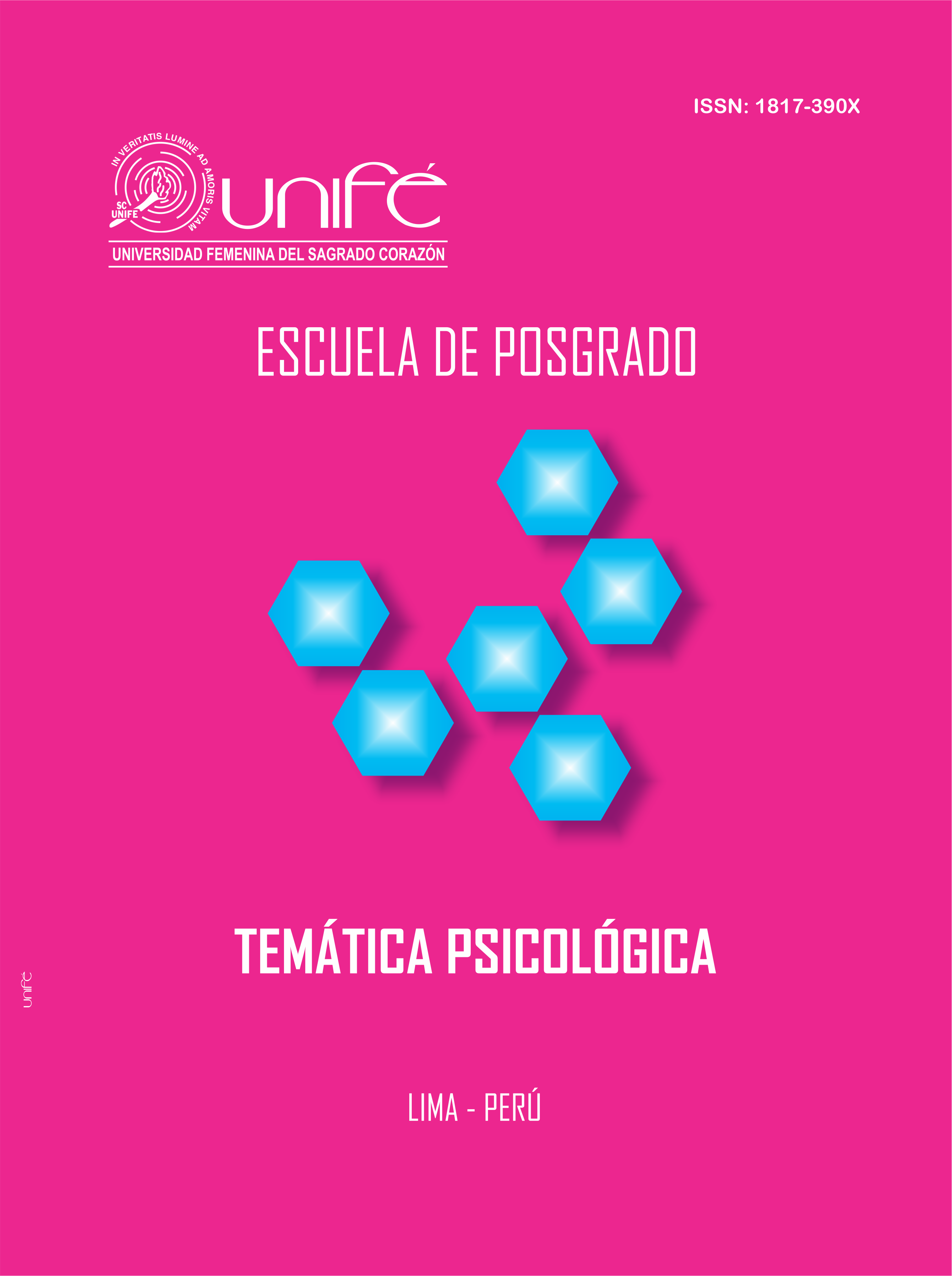Positive Psychology: an emerging approach
Keywords:
Positive Psychology, strength and virtues, human strength, optimal experienceAbstract
A panoramic view of Positive Psychology is presented. This branch came out formally in the psychological
scene at the early New Millennium. It emerged as a response to the predominance of the psychology focused on
negative behaviors. Positive psychology focuses its interest on positive inner experiencies, which contribute to
the flourishing and optimum psychological development of the human being. The originality of this branch of
psychology lies in the fact that unexplored areas of psychism connected with human wellbeing are the focus of
attention. In addition to this motivation, there are others of theoretical nature that are noticed in the inadequacy
of theoretical support from dominant psychological schools like behaviorism, orthodox psychoanalysis and
humanistic psychology, whose foundations are analyzed. The author checks the elements of the “positive personality”
according to M.E.P. Seligman and associates, in terms of six virtues and 24 strengths, terms of religious
and philosophical roots, which could be replaced by the scientific concept of “human strength” according
to L. S. Aspinwall & U.M. Staundinger. Some basic suppositions of Positive Psychology are shown and two
main topics of Positive Psychology are introduced: happiness and the theory of flow and optimal experience.


